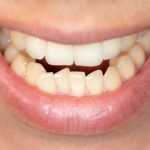Why Does My Breath Smell After Brushing? Exploring Common Causes and Solutions
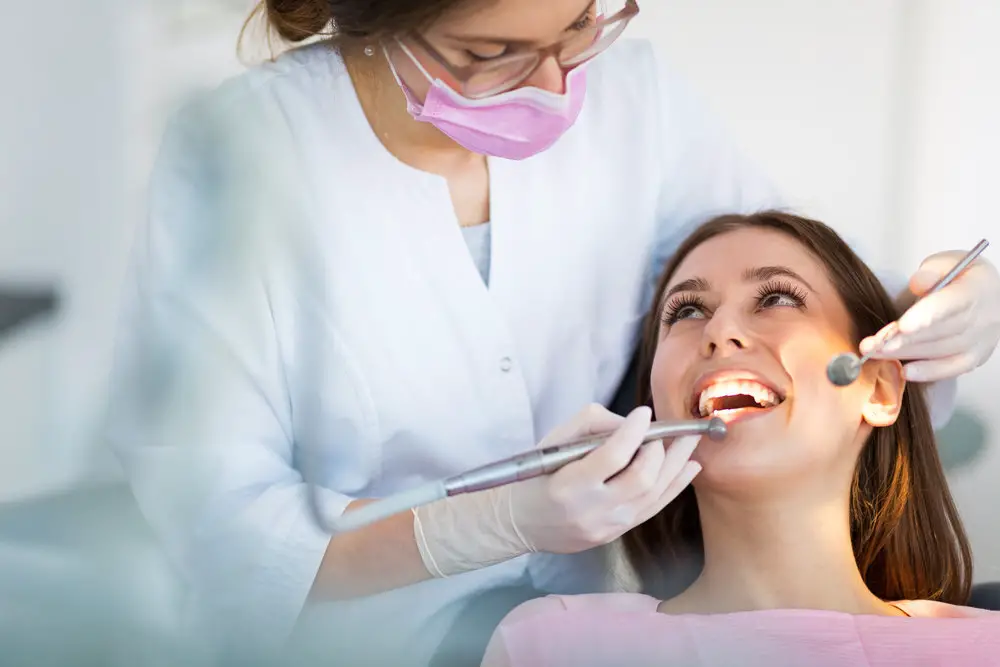
Bad breath can be a frustrating and embarrassing problem to deal with, especially when you’ve taken all the necessary steps to maintain good oral hygiene. It’s common to assume that brushing your teeth alone will eliminate any unpleasant odors, but what happens when your breath still smells after brushing? There are a variety of factors that can contribute to bad breath, and it’s essential to understand the common causes and solutions to combat the issue effectively. From poor oral hygiene habits to underlying health conditions, the root cause of bad breath can vary widely from person to person. In some cases, the issue may be linked to certain dietary choices or lifestyle habits, such as smoking or excessive alcohol consumption. However, it’s also possible that your bad breath is a sign of an underlying oral health problem, such as gum disease or tooth decay. Whatever the cause may be, there are plenty of effective solutions and preventative measures that can help you maintain fresh breath and optimal oral health.
Halitosis, or bad breath, is a common problem that affects millions of people worldwide. Despite regular brushing, flossing, and mouthwash use, many individuals still struggle with unpleasant breath. The cause of halitosis can vary, ranging from poor oral hygiene to deeper underlying medical conditions. Some common causes include the buildup of bacteria in the mouth, dry mouth, certain medications, and unhealthy dietary habits. It is important to identify the root cause of halitosis to determine the appropriate treatment plan, which may include lifestyle changes or seeking medical attention.
Addressing the issue of bad breath after brushing is crucial for several reasons. Firstly, it can be a sign of underlying dental or medical problems that require prompt attention. Neglecting these issues can lead to more severe health complications in the future. Secondly, bad breath can be a significant source of embarrassment and social discomfort, affecting one’s confidence and self-esteem. This can impact personal and professional relationships and hinder one’s ability to communicate effectively. Lastly, addressing bad breath can help improve overall oral hygiene, leading to fresher breath and a healthier mouth. By understanding the common causes and solutions, individuals can take proactive steps to address bad breath, improving their overall health and well-being.
Causes of Bad Breath
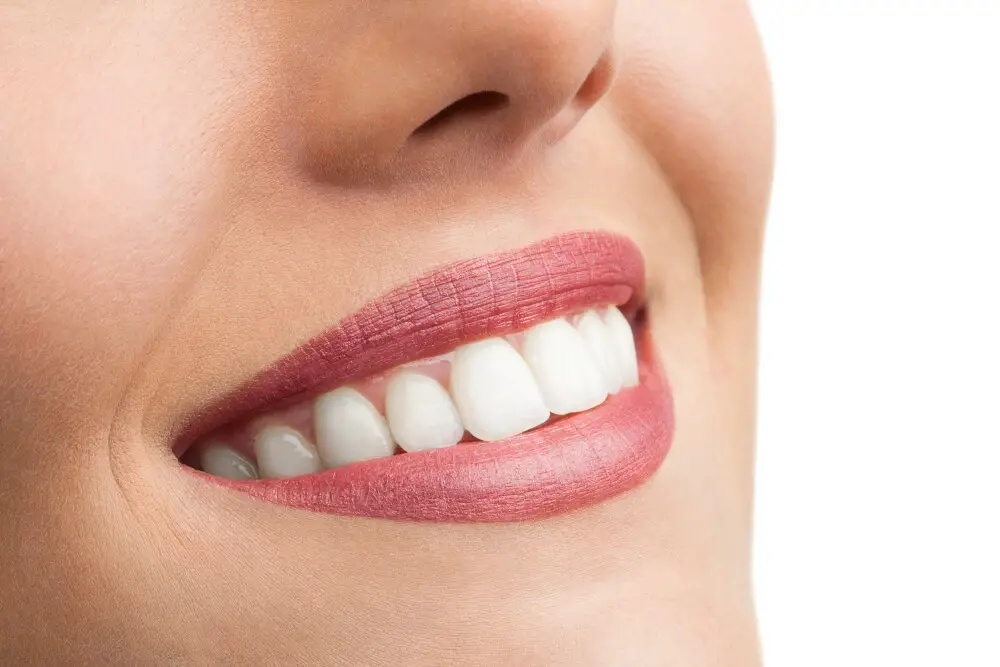
Bad breath is a common problem that affects millions of people worldwide. It can be caused by a variety of factors, including poor dental hygiene, certain medical conditions, and lifestyle habits. One of the most common causes of bad breath is poor dental hygiene. When you don’t brush and floss regularly, food particles can get trapped in your mouth and start to decay, causing an unpleasant odor. This can also lead to the buildup of bacteria in your mouth, which can contribute to bad breath. To prevent bad breath caused by poor dental hygiene, it is essential to brush your teeth twice a day, floss daily, and visit your dentist regularly for professional cleanings. Another common cause of bad breath is certain medical conditions. Some medical conditions, such as dry mouth, sinus infections, and acid reflux, can contribute to bad breath. Dry mouth occurs when your mouth doesn’t produce enough saliva, which can lead to a buildup of bacteria in your mouth. Sinus infections can also cause bad breath because they can produce mucus and post-nasal drip, which can allow bacteria to thrive. Acid reflux is another medical condition that can cause bad breath because it can allow stomach acid to enter your mouth, which can lead to an unpleasant odor. If you have bad breath that is not caused by poor dental hygiene, it is essential to talk to your doctor to determine if an underlying medical condition is the cause.
Food particles left in the mouth after eating can contribute to bad breath. When food particles are not properly removed from the teeth and gums, they can begin to break down and release a foul odor. Bacteria in the mouth also play a role in the development of bad breath, as they feed on the food particles and release sulfur compounds as a byproduct. These compounds can create a strong, unpleasant odor that is often described as \rotten egg\ or \garbage-like.\ Brushing and flossing regularly can help remove food particles and bacteria from the mouth, reducing the risk of bad breath.
Dry mouth, also known as xerostomia, is a condition where there is a lack of saliva in the mouth. This can be caused by a variety of factors including medications, medical conditions, and lifestyle habits. When there is not enough saliva in the mouth, bacteria can thrive and cause bad breath. Additionally, dry mouth can lead to tooth decay and other oral health issues. To combat dry mouth, it is important to stay hydrated, avoid tobacco and alcohol, and practice good oral hygiene habits. Chewing sugar-free gum or sucking on sugar-free candy can also help to stimulate saliva production. If dry mouth persists, it is important to speak with a healthcare provider to determine the underlying cause and appropriate treatment options.
Gum disease, also known as periodontal disease, is a common condition that affects the gums and the bone that supports the teeth. It is caused by the buildup of plaque and tartar on the teeth, which can lead to inflammation and infection of the gums. Symptoms of gum disease include bleeding gums, swollen gums, bad breath, and loose teeth. If left untreated, gum disease can lead to tooth loss and other serious health problems. To prevent gum disease, it is important to practice good oral hygiene, including brushing and flossing regularly, and to visit a dentist for regular checkups and cleanings.
Medical conditions can be a common cause of bad breath, also known as halitosis. Certain conditions such as diabetes, liver disease, and kidney disease can produce a distinct odor on the breath. In addition, respiratory infections like bronchitis and pneumonia can also contribute to bad breath. These medical conditions often require specialized treatment and management to address the underlying issue and improve breath odor. It is important to consult a healthcare professional if bad breath persists despite proper oral hygiene practices.
The Role of Brushing and Flossing
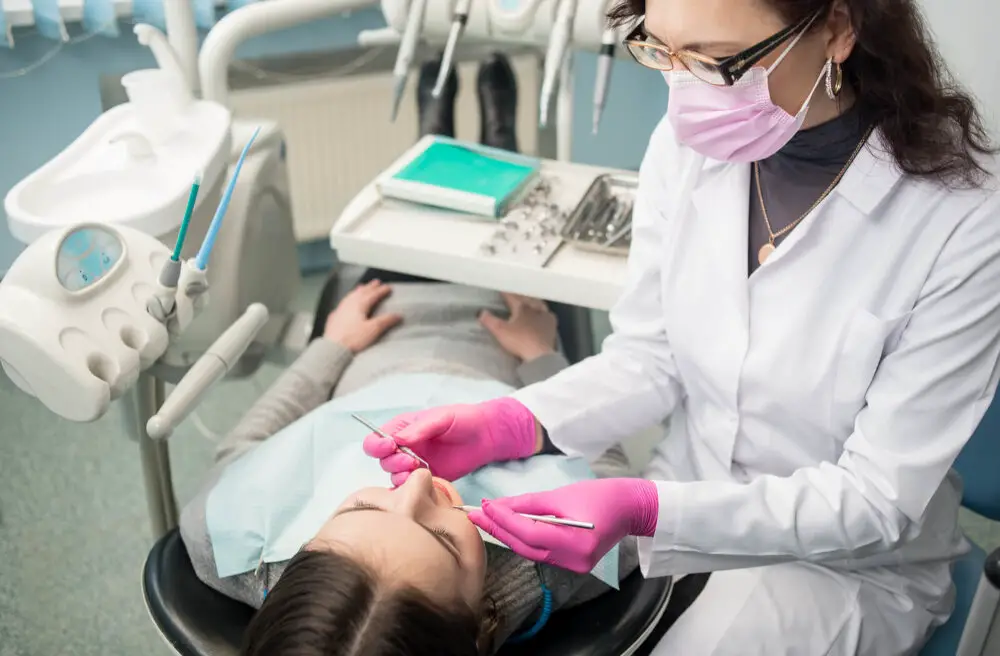
Brushing and flossing are crucial components of a daily oral hygiene routine. Brushing helps remove plaque and bacteria from the surface of the teeth, while flossing assists in removing food particles and plaque from between the teeth and along the gum line. Neglecting to brush and floss regularly can lead to a buildup of harmful bacteria in the mouth, which can cause bad breath, tooth decay, and gum disease. It is recommended to brush twice a day and floss at least once a day to maintain optimal oral health. In addition to promoting oral health, brushing and flossing also have a positive impact on overall health. Poor oral hygiene has been linked to several health conditions, including heart disease, diabetes, and respiratory infections. By regularly brushing and flossing, individuals can help prevent the buildup of harmful bacteria in the mouth, which can potentially lead to these health issues. Overall, brushing and flossing are essential habits to incorporate into daily life to promote both oral and overall health.
Maintaining good oral hygiene is crucial for overall health. Poor oral hygiene can lead to a host of dental problems, including gum disease, cavities, and bad breath. The buildup of bacteria in the mouth and on the teeth can cause bad breath, even after brushing. Regular brushing, flossing, and mouthwash use can help remove bacteria and prevent plaque buildup. It is also important to visit the dentist regularly for cleanings and checkups. Good oral hygiene not only keeps teeth and gums healthy but also improves overall self-confidence and quality of life.
Brushing and flossing are essential for maintaining good oral hygiene and preventing bad breath. When you brush, you remove food particles and bacteria that can lead to bad breath. Flossing helps remove plaque and food debris from between your teeth and along the gum line, where your toothbrush can’t reach. If you don’t brush and floss regularly, bacteria can accumulate in your mouth, leading to unpleasant odors. Additionally, brushing and flossing can help stimulate saliva production, which can rinse away food particles and bacteria and neutralize acid in your mouth. By making brushing and flossing a part of your daily routine, you can help keep your breath fresh and your mouth healthy.
Common Mistakes in Brushing and Flossing

Brushing and flossing are the two most important aspects of maintaining oral hygiene. However, many people make common mistakes while brushing and flossing, which can lead to bad breath and other dental problems. One of the most common mistakes is not brushing and flossing for a sufficient amount of time. Dentists recommend brushing for at least two minutes and flossing for a minimum of one minute. This time allows the toothbrush and floss to reach all areas of the mouth, including the hard-to-reach spots where food particles and bacteria can accumulate. Another mistake is brushing too hard, which can cause damage to the tooth enamel and gums. It is important to use gentle circular motions while brushing and to avoid applying too much pressure. Using the wrong type of toothbrush and not replacing it often enough is another mistake that many people make. A soft-bristled toothbrush is recommended, as it is gentle on the teeth and gums. Hard-bristled toothbrushes can cause damage to the enamel and gums, leading to sensitivity and bleeding. It is also important to replace the toothbrush every three to four months or sooner if the bristles become frayed. Flossing is equally important, but many people do not floss correctly. The most common mistake is not flossing between all teeth, especially the back teeth. Flossing should be done gently and carefully to avoid injuring the gums. By avoiding these common mistakes, one can maintain good oral hygiene and prevent bad breath and other dental problems.
Brushing too quickly or infrequently can lead to bad breath because it allows bacteria to accumulate in the mouth. When brushing quickly, you may not be able to thoroughly clean all areas of your mouth, including the back of your tongue and gums, where bacteria can hide and thrive. Infrequent brushing does not give enough time to clean the mouth completely, leading to plaque build-up and bad breath. It is essential to brush for at least two minutes, twice a day, using a fluoride toothpaste, to maintain good oral hygiene and prevent bad breath. Additionally, it is recommended to floss daily and use mouthwash to further reduce the number of bacteria in the mouth.
Neglecting to floss on a regular basis can lead to unpleasant breath odor. Brushing only cleans the surface of the teeth, leaving food particles and bacteria trapped between them. These particles can not only cause bad breath but also contribute to tooth decay and gum disease. Flossing daily can help remove the debris that accumulates between teeth, reducing the likelihood of bad breath and promoting oral health. It’s essential to make flossing a part of your daily oral hygiene routine to maintain fresh breath and prevent potential dental problems.
Using the wrong products is one of the common causes of bad breath even after brushing. Toothpaste and mouthwash that contain alcohol, for instance, dry out the mouth, which is a breeding ground for odor-causing bacteria. Similarly, using a toothbrush with worn-out bristles or one that is not replaced every three to four months can lead to ineffective cleaning and bacterial buildup. In addition, certain foods and drinks can also contribute to bad breath, such as garlic, onions, coffee, and alcohol. Thus, it is crucial to choose the right oral care products and avoid consuming such items to maintain fresh breath throughout the day.
Additional Solutions for Bad Breath

While brushing and flossing properly is the best way to maintain good oral hygiene, there are additional solutions for bad breath that can help combat persistent odors. One such solution is using mouthwash. Mouthwash can help kill bacteria that cause bad breath and leave your mouth feeling fresh. However, it’s important to choose a mouthwash that is alcohol-free, as alcohol can dry out your mouth and actually make bad breath worse. Additionally, some mouthwashes contain ingredients like chlorine dioxide or zinc that can neutralize the sulfur compounds that cause bad breath. Using mouthwash as part of your daily oral hygiene routine can help keep your breath fresh and your mouth healthy. Another solution for bad breath is to stay hydrated. Drinking plenty of water throughout the day can help flush out bacteria that cause bad breath. Additionally, a dry mouth can contribute to bad breath, so staying hydrated can help keep your mouth moist and prevent odors from forming. Chewing sugar-free gum can also help stimulate saliva production, which can help keep your mouth moist and fresh. However, it’s important to choose a gum that is sugar-free, as sugar can actually promote the growth of bacteria in your mouth and contribute to bad breath. By incorporating these additional solutions into your oral hygiene routine, you can help keep your breath smelling fresh and your mouth healthy.
Mouthwashes and rinses are often used as an adjunct to regular brushing and flossing routines for fresh breath and improved oral hygiene. These products contain different active ingredients like antiseptics, fluoride, and essential oils that can help kill bacteria, reduce plaque buildup, and freshen breath. However, it is important to note that mouthwashes and rinses are not a substitute for brushing and flossing and should be used in conjunction with proper oral care. Additionally, some mouthwashes may contain alcohol which can cause dry mouth, so it is important to read the labels and choose a product that suits your needs and preferences. Incorporating mouthwashes and rinses into your oral care routine can be a helpful tool in maintaining fresh breath and good oral health.
Chewing gum and mints are popular solutions to combat bad breath. They work by increasing saliva production, which helps to wash away bacteria and neutralize odors. Mints are a quick and easy option, but they only mask the odor temporarily. Chewing gum, on the other hand, can provide longer-lasting results and can also help to remove food particles that contribute to bad breath. When choosing a gum or mint, it’s important to look for sugar-free options to avoid feeding the bacteria that cause bad breath. Additionally, some gums and mints contain ingredients like menthol or cinnamon that can provide an extra boost of freshness.
Making dietary changes can be an effective solution for bad breath caused by certain foods, such as garlic and onions. These pungent foods contain sulfur compounds that can linger in the mouth and cause an unpleasant odor. Additionally, consuming sugary or acidic foods can contribute to the growth of bacteria in the mouth, which can also lead to bad breath. To combat these issues, individuals can incorporate more fresh fruits and vegetables into their diet, as well as foods high in fiber and water, such as apples and carrots, which can help to naturally clean teeth and freshen breath. Drinking plenty of water throughout the day can also help to flush out bacteria and keep the mouth hydrated, leading to fresher breath overall.
In conclusion, bad breath after brushing can be caused by a variety of factors. Poor oral hygiene, dry mouth, and certain lifestyle habits such as smoking and alcohol consumption can all contribute to unpleasant breath odor. Additionally, underlying medical conditions such as gum disease, sinus infections, and gastrointestinal issues may also be to blame. However, there are several solutions to combat bad breath, including proper oral hygiene, staying hydrated, and cutting back on unhealthy habits. It’s important to identify the root cause of bad breath and take appropriate steps to address it, as persistent halitosis can be a sign of a more serious underlying condition. With a little effort and attention to oral health, fresh breath can be achieved.
If you’re struggling with bad breath even after brushing your teeth, it’s time to take action to improve it. Poor oral hygiene can lead to bad breath, but there are other factors that can contribute to the problem. Eating certain foods, smoking, and even dehydration can lead to bad breath. The good news is that there are several solutions to improve your breath. Start by brushing and flossing regularly, drinking plenty of water, and avoiding foods that are known to cause bad breath. If the problem persists, consider visiting your dentist to rule out any underlying dental issues. Don’t let bad breath hold you back from living your best life – take action today to improve your breath and boost your confidence!
Conclusion
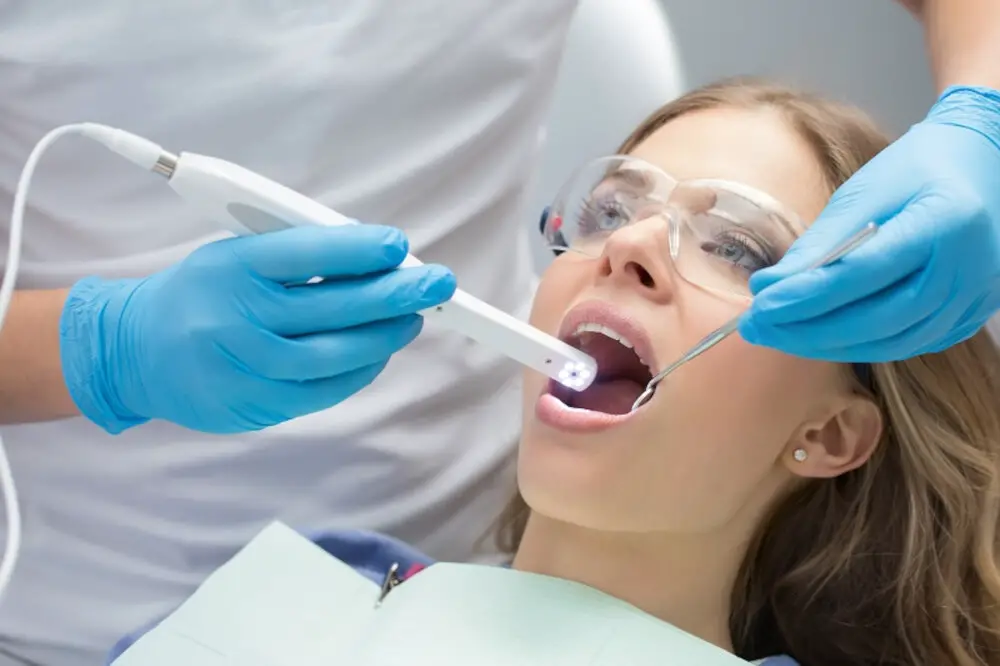
In conclusion, bad breath after brushing can be a frustrating and embarrassing issue to deal with, but there are several common causes and solutions to explore. Poor oral hygiene, specific foods and drinks, and underlying medical conditions can all contribute to unpleasant breath odors. However, by practicing good oral hygiene, avoiding certain foods and drinks, and seeking medical attention if necessary, individuals can effectively combat bad breath and enjoy fresh, clean breath throughout the day. It’s essential to remember that bad breath can be a sign of larger health issues, and it’s always best to consult a healthcare professional if concerns persist. So, make sure to take care of your oral health and stay fresh-breathed!

